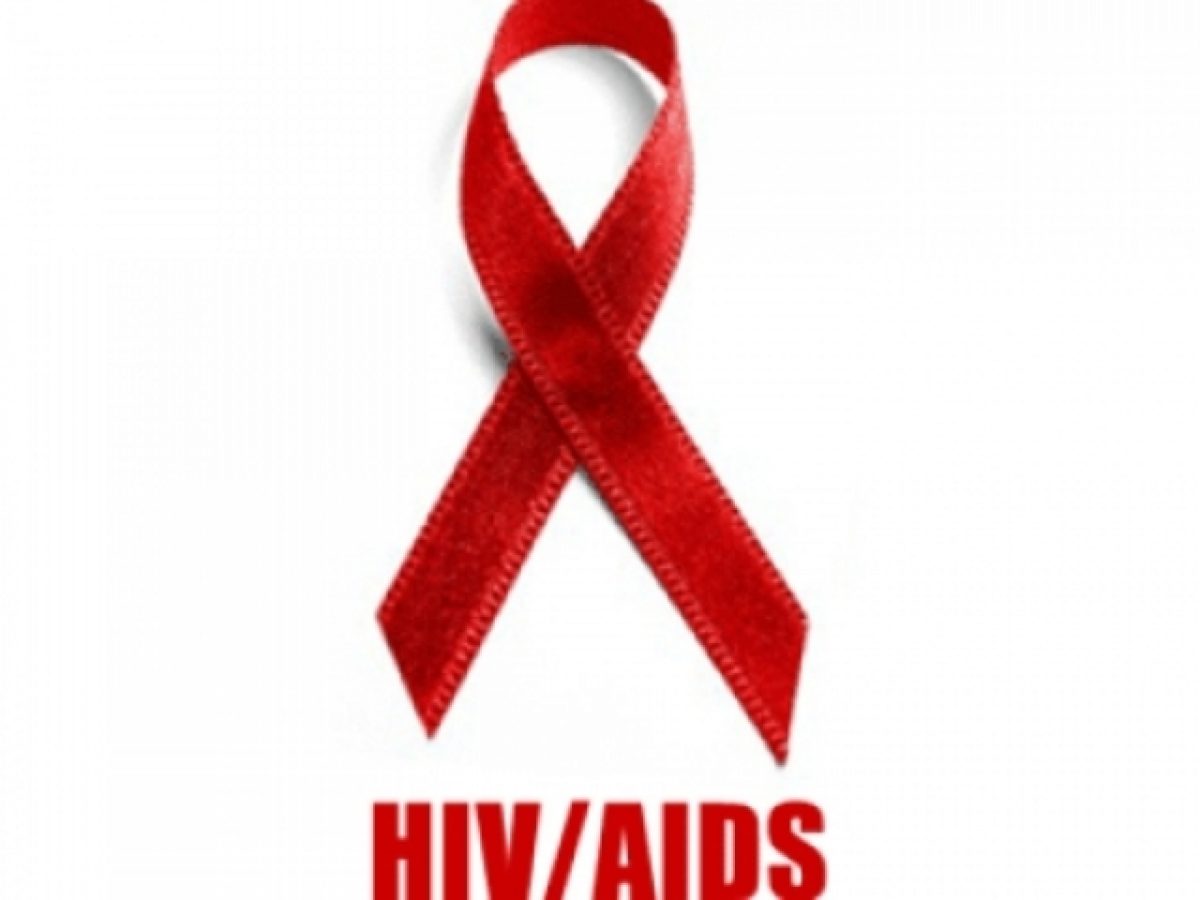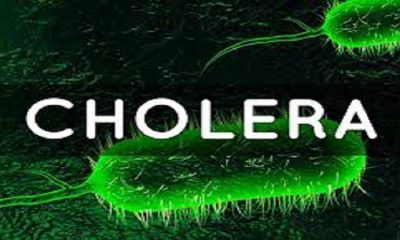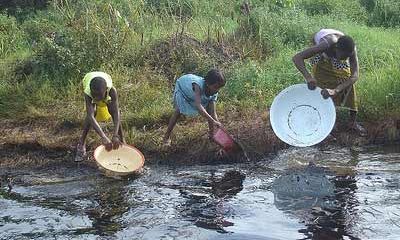National
Outrage as HIV prevalence soars in Akwa Ibom

By Hannah Nathan, Warri.
Tension has gripped residents of Akwa Ibom State despite the aggressive enlightenment campaign by the government, as well as several donor agencies, the prevalence of HIV/AIDS in the State remained high.
It was learnt the Akwa Ibom government had in successive years maintained the number one position as a state with the highest burden of HIV in Nigeria, with 5.5%, according to Nigeria HIV/AIDs Indicator and Impact Survey (NAIIS).
This infamous number one position has left much to be worried about.
According to Akwa Ibom State programme data 2022, about 240,000 persons are currently on treatment of HIV/AIDS in the State.
From the number, HIV gender disparity between females and males is high due to biological and social reasons showing that females are the worst hit.
“HIV prevalence was greatest among younger adults, with females aged 20-24 years (1.3%) having almost four times the prevalence of males in the same age group (0.4%).
“As at June 2023, 10,833 adolescents and young persons were on medications hence the need for positive living to ensure they adhere to viral suppression and epidemic control,” the survey revealed.
Account to Dr Edith Mathias Igbemi during a sensitization programme on HIV/AIDS in the state that women are recording high prevalence of HIV.
She called for more awareness on control measures.
She highlighted LGAs with high prevalence of HIV in Akwa Ibom to include Ikono, Obot Akara, Ikot Ekpene, Uyo, Uruan, Ibesikpo, Nsit Ubium, Eket, Ibeno and Oron.
Igbemi noted that the State had made some progress in the fight against HIV/AIDS in terms of improved case finding through Index Case Testing, Camping and Creek Testing modalities.
She revealed that with the breakthrough recorded, the 2021 publication of Akwa Ibom State Ministry of Health, estimated that the prevalence rate had dropped to 4.4 per cent, adding that this is subject to approval by NACA in another survey.
She, however, called for more collaboration with Stakeholders and Development partners in escalating HIV prevention activities to adolescents and young girls in the State.
Speaking with Mrs Cecilia Ekanem, a health worker with ECEWS in the Primary Health Centre, Wellington Bassey Way, Uyo, she identified low access to antenatal care by some pregnant women as one of the factors contributing to the spread of HIV spread, especially from mother to child in the State.
She lamented that some HIV positive mothers most times out of ignorance or fear of stigmatisation failed to go to hospital for antenatal checkup and would end up giving birth to their babies at the Traditional Birth Attendants homes or churches without knowing the safety measures to adopt.
She harped on exclusive breastfeeding for all mothers, saying that it fortifies the baby against diseases, including HIV.
According to her, “we are working to reduce the level of HIV in the State.
“All the pregnant women who come here must be tested. Those who test positive are placed on medication and all of them who follow instructions have babies that are healthy and free of HIV because they are taking their medication.”
On whether HIV positive mothers can breastfeed their babies without transmitting the virus to them, Mrs Ekanem said: “yes, she can breastfeed her child but it must be done exclusively. The child can get infected if the mother introduces mixed feeding.
“So, it is advisable for the mother to stop breastfeeding entirely after six months of exclusive breastfeeding and continue with other family diets so that the child will not be malnourished and will not contract the virus.”
One of the persons living with HIV, simply Edikan, an undergraduate of the Akwa Ibom State University, during the sensitization programme, said he contracted the virus from his mother at birth.
He said he had lived with the virus for 24 years without any form of challenge, noting that HIV is not a death sentence.
He encouraged people to come out for tests and take positive action after knowing their status.
He admitted that People Living with HIV were experiencing a high level of stigma in the State.
He, however, vowed that he would not be deterred from achieving his dream despite the challenge.
To stem the tide of stigma, the Manager of the Akwa Ibom State Agency for the Control of AIDs (AKSACA), Dr Enobong Akpan called for domestication of the anti-stigma and discrimination law in the State.
Talking with our Correspondent on the endeavors of the Office in handling HIV Stigma in the State, he said “we will battle against each type of discrimination or stigmatization.
“We will seek after the fundamental regulations, the counter shame regulation and every one of the regulations to ensure any association or establishment found to disparage any HIV positive individual will confront sanctions.”
He additionally energized individuals living with the infection to shun any type of self stigmatization, depicting it as horrible.
Dr Edith Igbemi, on her part, made sense of that disparagement as one of the elements driving the scourge, particularly among the youngsters. Taking note of that, a review uncovered that 31.9% concurred that it was hard to unveil their HIV status to individuals because of a paranoid fear of being stigmatized.
She said that females were more criticized than their male partners in the State, taking note of that the Public Segment Wellbeing Study, NDHS, of 2018, detailed that females experienced shame more than men with a level of 61%, while only 38% of men revealed stigma.
Likewise, Gideon Solomon of the Heartland Collusion recognized absence of admittance to anticipation materials, like condoms and pre-openness prophylaxis (Prep) as a component of elements expanding the spread of HIV in the State, adding that a few people have would not go for HIV testing because of stigmatization.
He said, “We saw that certain individuals are terrified to know their status. Yet, I exhort that they ought to feel free to have their HIV test kit.”













